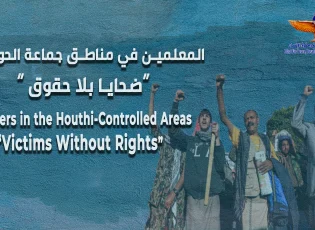Okeil: The Libyan parliament must maintain its position on rejecting the continuation of the agreement
Al-Rifai: The different approach adopted by the new Libyan government should urge it to reconsider the agreement
On the sidelines of its participation in the activities of the 46th session of the Human Rights Council, Maat for Peace, Development, and Human Rights issued a report on the security cooperation agreements between the Government of National Accord (GNA) ”Al-Wefaq” and Turkey in 2019, in light of the disagreement over its legality from the perspective of international law.
Now, after Libya’s Government of National Unity (GNU), led by Prime Minister Abd al-Hamid Dabaiba, took over the rule, and in light of the announcement of a willingness to cooperate with all parties, the legality and future of the military agreement re-emerge again, especially in light of the agreement's violation of the previous Security Council resolutions on Libya, and its violation of the results and recommendations of international conferences in which international actors in the Libyan file have participated, including the Government of National Accord. In this context, the report tries to focus on the illegality of the convention, and the position of international law from the way it was issued and its various texts, by referring to the decisions and agreements organizing this matter.
In this context, Ayman Okeil, President of Maat for Peace, Development, and Human Rights, stated that the agreement, since its declaration, has sparked a wide debate among international lawyers, due to its clear disagreement with the Skhirat Agreement, which is the governing framework for the work of Al-Wefaq government, which of course is reflected in the legality of the agreement.
Okeil called on the Libyan parliament, which recently granted confidence to the new government, to confirm its rejection of the continuation of the illegal agreement held by Fayez al-Sarraj, the former prime minister, with Ankara and without returning to parliament, in contravention of all legal and international norms.
Sherif Al-Rifai, a researcher at the African Affairs and Sustainable Development Unit at Maat, explained that the agreement was prepared in an illegal framework ruled by Turkish interests, making its continuity in the future questionable in light of the new prime minister's announcement of adopting a different approach. Al-Rifai indicated that canceling the agreement will contribute to reducing the polarization that Libya has suffered from for years. Al-Rifai stressed that adherence to Security Council resolutions on Libya must be in the mind of the eyes of the next government.
Maat is deeply concerned about Africa and Lybia because it serves as a member organization of the Economic, Social, and Cultural Council of the African Union (ECOSOCC), and as a monitor in the African Commission on Human and Peoples' Rights. Maat is also the North Africa Coordinator for the NGO Major Group for Africa affiliated to the UN high-level political forum.
To obtain a copy of the report, please complete the following data:











